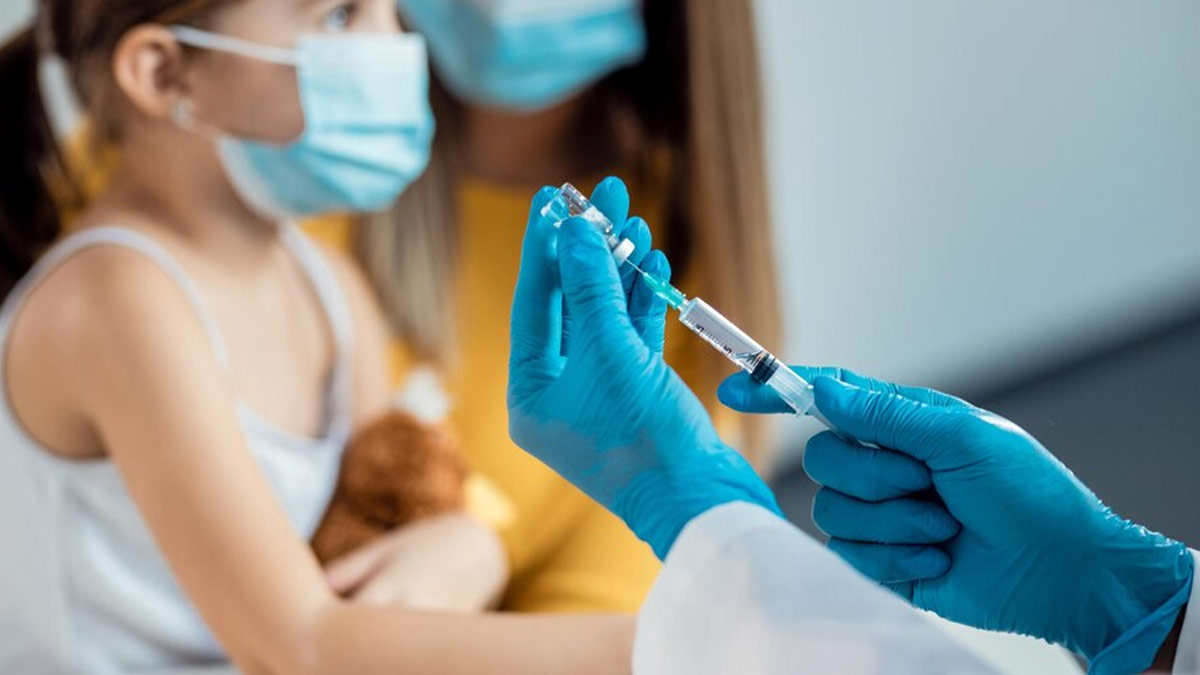
India's child immunisation rates have yet to recover to pre-pandemic levels, according to a new report by the World Health Organization (WHO) and the United Nations International Children's Emergency Fund (UNICEF).
Table of Content:-
Released on Monday, the report reveals that 1.6 million children missed out on crucial DPT (Diphtheria, Pertussis, and Tetanus) and measles vaccinations in 2023. The report underscores the urgent need for sustained catch-up campaigns, strengthened health systems, and increased access to vaccines.
Number Of Zero Dose Children Rising In India
India ranks among the ten countries with the highest number of zero-dose children. Despite catch-up campaigns initiated by the Union Health Ministry, the gains made in 2022 have been eroded. The number of ‘zero-dose’ children (those who received no vaccinations) increased by 45% from 1.1 million in 2022 to 1.6 million in 2023. While still lower than pandemic-era figures, the trend is concerning.
The report also highlights India's omission of Human Papillomavirus Infection (HPV) vaccination from its immunisation program, despite cervical cancer being a leading cause of cancer among women in the country. According to a report by the HPV Information Centre, more than 1.2 lakh women are diagnosed with cervical cancer and more than 77 thousand die from the disease in India. India is one of 52 nations failing to include this crucial vaccine.

Global Slump In Childhood Vaccination
Globally, childhood immunisation coverage stagnated in 2023, with 2.7 million more children under or unvaccinated compared to 2019. Here are some key findings from the report:
- Stalled DTP Coverage: The percentage of children receiving three doses of the DTP vaccine remained at 84% in 2023. However, the number of children receiving no DTP doses increased to 14.5 million, up from 13.9 million in 2022.
- Rising Number Of Zero-Dose Children: Over half of unvaccinated children reside in fragile and conflict-affected countries, where access to essential health services is severely limited.
- Incomplete Vaccination Courses: Millions of children still need to complete their full course of DTP vaccinations, leaving them unprotected against these preventable diseases.
- Measles Resurgence: Vaccination rates for measles have plateaued, with only 83% of children receiving the first dose. This low coverage has contributed to measles outbreaks in numerous countries.
- Progress In HPV Vaccination: There has been substantial growth in HPV vaccine coverage among adolescent girls, particularly in countries supported by Gavi, the Vaccine Alliance. However, coverage remains far below the target needed to eliminate cervical cancer.
Catherine Russell, Executive Director, UNICEF emphasised the importance of a global effort to close the immunisation gap, calling for investments in primary healthcare and community outreach.
Also Read: Thousands Of Patients Will Receive World’s First Cancer Vaccine In NHS’ Groundbreaking Trials

How To Bridge The Childhood Immunisation Gap?
WHO Director-General Dr Tedros Adhanom Ghebreyesus stressed the urgency of addressing vaccine gaps and protecting vulnerable children. He emphasised the availability and affordability of the measles vaccine, highlighting its potential to prevent outbreaks and save lives.
To achieve the Immunisation Agenda 2030 goals, the report calls for increased investment, innovation, and collaboration. Strong political support, community engagement, and sustainable funding are essential for improving routine immunization services and reaching every child with life-saving vaccines.
Also watch this video
How we keep this article up to date:
We work with experts and keep a close eye on the latest in health and wellness. Whenever there is a new research or helpful information, we update our articles with accurate and useful advice.
Current Version